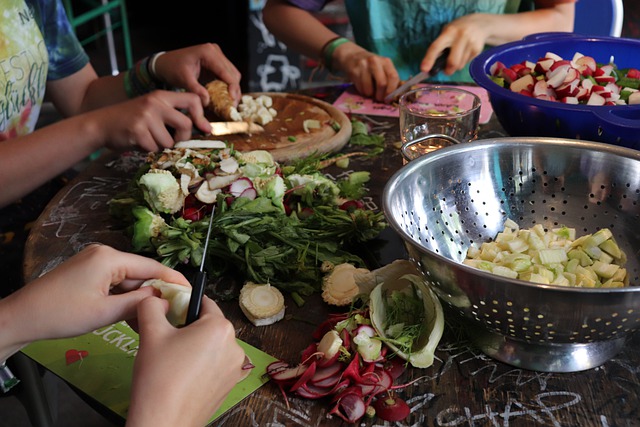
Conspiracy theorists often claim that the world is running out of food. While it might seem that way for someone who’s only willing to scratch the surface of the food industry looking for the worst-case scenario, it’s nowhere close to the truth. Technology is making vast strides toward ensuring that the world has sustainable food sources that are nutritious, economical, and environmentally friendly.
Cultivated meats are a viable option for producing meat even in places where it’s normally difficult to impossible to do this. The increase in space travel, including privatized travel, means that there have to be improvements in protein availability. This is especially true if the vision of colonizing other planets becomes a reality.
Cultivated Meat Options Continue to Expand
Cultivation of meat makes it possible for people who are in remote areas, including those who are living off the Earth, to have a sustainable meat source. They don’t have to worry about how to keep a cow or other animal alive or how to slaughter it. There’s no concern about how to keep an aquatic environment suitable for fish to grow.
Instead, they can turn to cultivated meat. This uses the cells from animals as the building blocks of the meat. A closed-loop system is used to grow the meat until it’s ready to eat. Once it’s ready, it can be prepared in the same way as any other meat. The only limitation is the person’s imagination and the equipment they have available for cooking.
Vegan and Grain Products Increase Options
Another concern for some people is having alternative proteins and other products to create full meals and snacks. Some companies are working on that issue. Hemp protein is proving to be a valuable ingredient for making pasta and other foods.
A huge benefit to these cultivated foods is that the creators can address common food allergies. For example, pasta sauces and pasta that are made with hemp hearts are free of the top eight ingredients that cause allergic reactions. This can help people to feel more secure about the food choices they have without having to worry about having an allergic reaction.
Improvements in Technology Bolster the Industry
The sustainable food industry is one that’s growing rapidly. This growth is being fueled by the seemingly endless possibilities that are attracting investors. Companies from all over the world, including Aleph Farms, are showing consumers that cultivated meats are high-quality, delicious alternatives to the traditional meats they’re accustomed to eating.
Some consumers are concerned about the storage and preparation of cultivated meat. Advertising campaigns aimed at showing them that they treat slaughter-free meats the same way as they treat slaughtered meats helps to alleviate those concerns. Other advertising campaigns that show these meats being turned into mouthwatering meals also help to ease consumer apprehension about the industry.
Ultimately, consumer confidence in sustainable, slaughter-free food options will grow as they realize these options are just as tasty and healthy as other food options. Even the most skeptical of people should start to see the benefits of this industry’s products as they become more commonplace.



